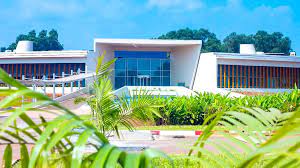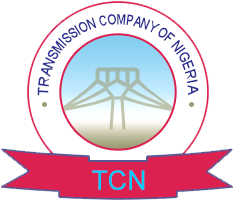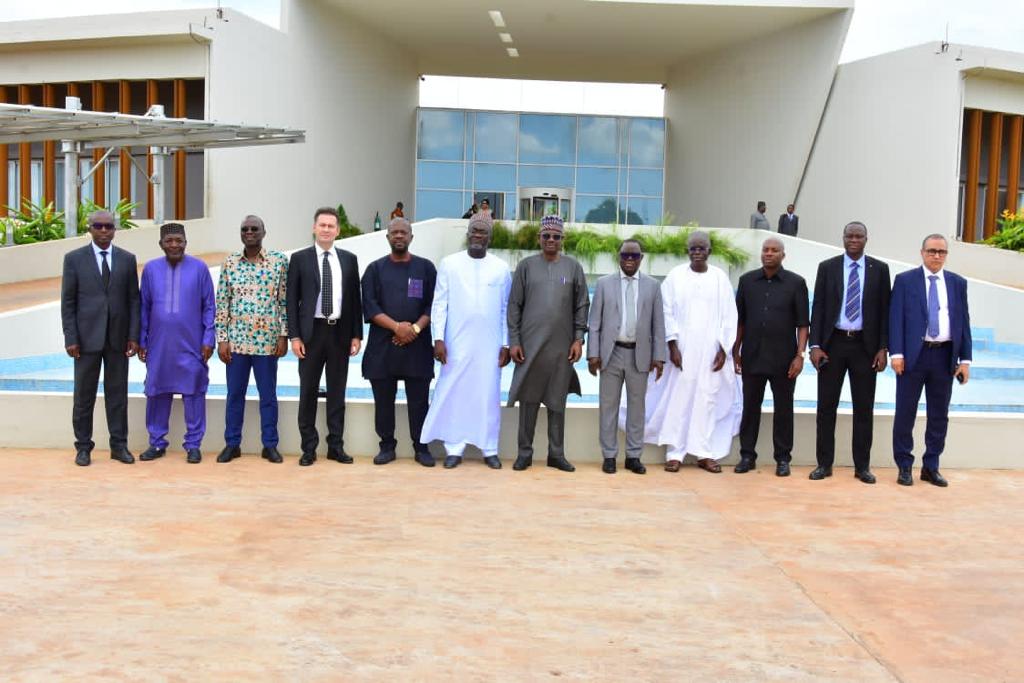In a significant stride towards regional energy integration, the West African Power Pool (WAPP) recently unveiled its International Coordination Centre (ICC). The inauguration of the ICC marks a pivotal moment in WAPP's pursuit of its objectives of providing a central hub for both the Regional Electricity Market and the synchronization of electricity networks across 13 West African countries.
The inauguration took place at the International Conference Centre (ICC) Abomey-Calavi, the Republic of Benin on the 17th of November, 2023.
Speaking at the event, His Excellency Mr. Patrice TALON the President of the Republic of Benin, represented by the Minister of State, responsible for Development and Coordination of Government Activity, noted that West African sub-region energy landscape is marked by low electricity access, high costs, and significant deficits in availability, thus hindering economic development of the region.
The Minister noted that reliable and affordable energy is indispensable for any country's progress and highlighted the necessity of the WAPP regional energy integration, emphasizing that no individual country can adequately address increasing demand for electricity. He called for unity, pooling of forces and resources as the sustainable solution to collectively overcome the energy difficulties faced by the sub-region.
He urged fellow Energy Ministers to spare no effort in ensuring the proper functioning of the market, while emphasising that the market represents the long-term solution to the energy challenges confronting the West African sub-region.

In his address, Mr. Sédiko DOUKA, ECOWAS Commissioner for Infrastructure and Mines, highlighted ECOWAS' dedication to member states development, with focus on key achievements in 2023. These includes the establishment of a robust legal and regulatory framework, featuring the adoption of the updated ECOWAS Energy Policy.
According to him, another significant stride was the adoption of the ECOWAS Electricity Code, which establishes common principles for the electricity subsector, contributing to the harmonization of the legal, institutional, and regulatory landscape within the ECOWAS area. He also cited the introduction of the ECOWAS Green Hydrogen Policy and Strategy Framework.
Mr. DOUKA emphasized the vital role of these frameworks as tools for implementing activities within the region's electricity companies and ECOWAS specialized institutions. He also praised the collaboration between WAPP institutions and ECOWAS.
The Chairman of the WAPP, and MD/CEO, TCN, Engr. Dr, Sule A. Abdulaziz commended the WAPP's technical and financial partners, saying that the ICC could not have been accomplished without their support and confidence in the project. He expressed the confidence that with the existing understanding and collaboration more feats will be achieved and indeed vision of affordable, reliable and improved accessibility to electricity for the people of ECOWAS will be realized and sustained.
He equally thanked the European Union for believing in the project and for their support throughout the process despite the enormous challenges encountered.
The Chairman disclosed that the WAPP membership has grown to 44 stakeholders from the initial 19 in 2006, noting that the continuous backing, trust and financial contribution of members have indeed been of tremendous support towards the realization of the Pools' goal.
He reassured the WAPP Partners of the readiness of the Pool to reinforce collaboration and work more closely with them in the pursuit and realization of the next phase of the project.
Earlier in his welcome address, the WAPP Secretary General, M. Ki Seingui, emphasized WAPP's commitment to integrating national electricity networks into a unified system and establishing a Regional Electricity Market to provide reliable electricity at optimal costs.
He informed that the ICC complex which covers 5,000 m² on a 3.75-hectare plot, was built with a 30 million euro grant from the European Union.
Sengui Ki noted that WAPP has accomplished key milestones over its 25 years existence, including constructing 5,748 km of high-voltage lines, of about 2,414 MW capacity, predominantly from hydropower (83%), gas (10%), and solar (7%), costing a total of US$8,389 million. Ongoing projects, he said, include a 2,763 km of high-voltage lines of 2,455 MW capacity.
Regarding the synchronization of electricity networks, Seingui highlighted that, since July 8, 2023, 13 countries have been synchronised into a unified network and is now focusing on synchronizing the last network island, which includes Nigeria, Niger, and parts of Benin and Togo, to be completed next year.
With the operational Electricity Market Information and Coordination Centre, Seingui emphasized the new challenges of ensuring the Market's effective role as an electricity exchange in West Africa. This he said, will mark a transformative phase in WAPP's journey towards regional energy integration.
The ECOWAS Regional Electricity Market was designed to be implemented in 3 phases; the first phase consisting solely of bilateral transactions between electricity companies was launched on June 28, 2018 in Cotonou. The 2nd phase of the Market will be launched next year. This Phase, which will introduce a Competitive Market, require the construction of the Center for Information and Coordination (CIC) and its associated equipment.
The 3rd phase, which will have to introduce more competition and other financial and technical instruments, is envisaged to be launched within 3 to 5 years at the latest.
 TRANSMISSION COMPANY OF NIGERIA
TRANSMISSION COMPANY OF NIGERIA
